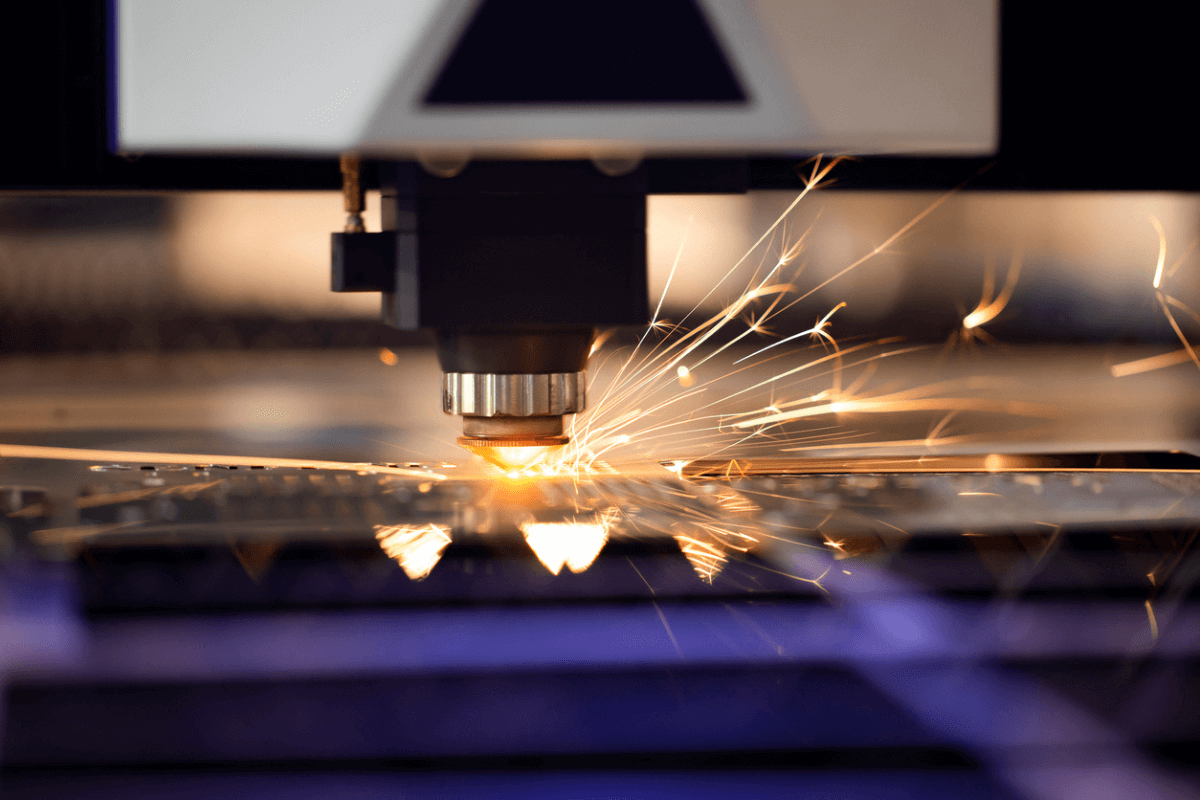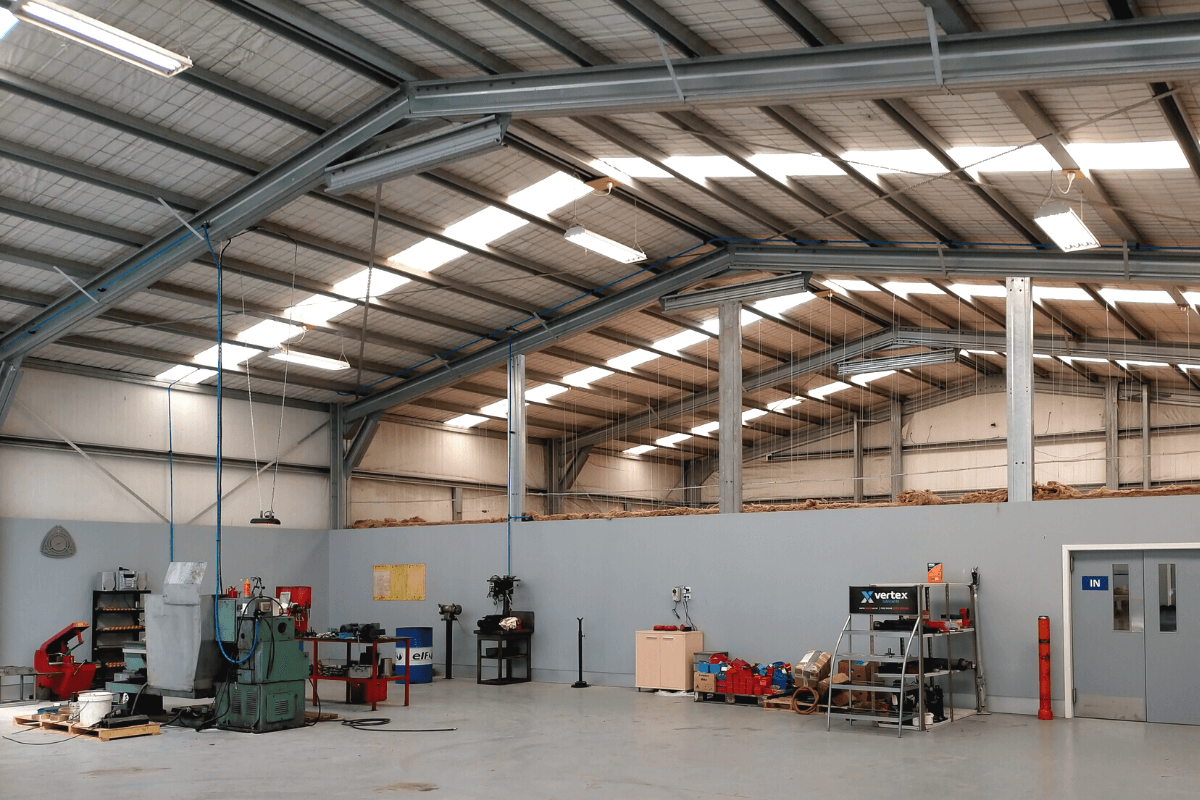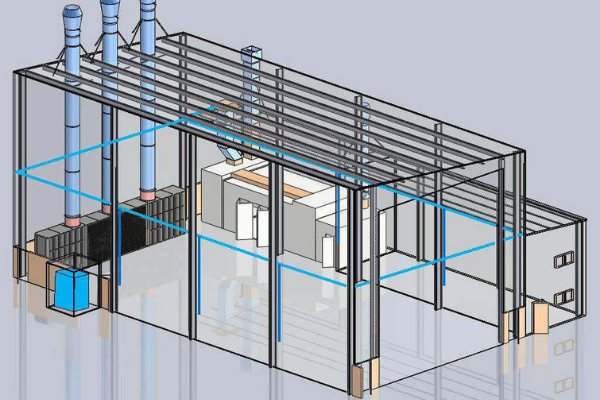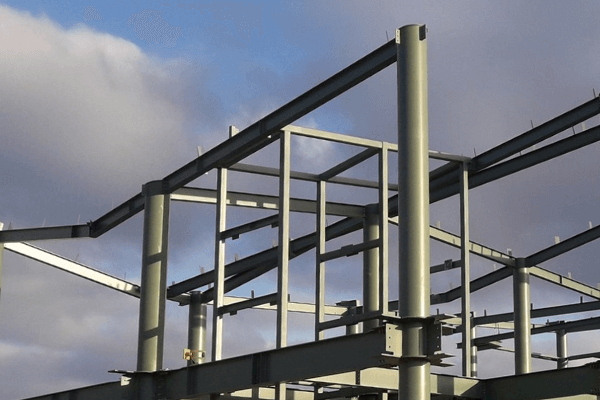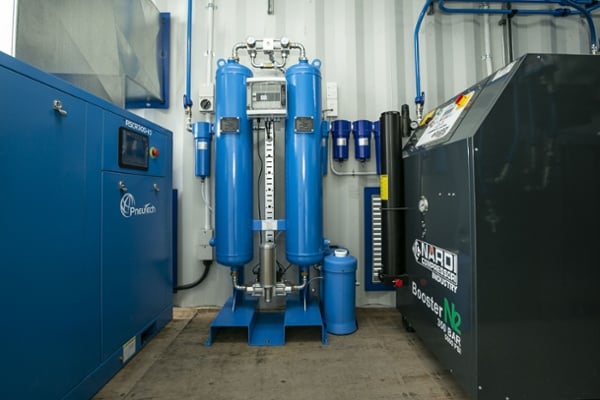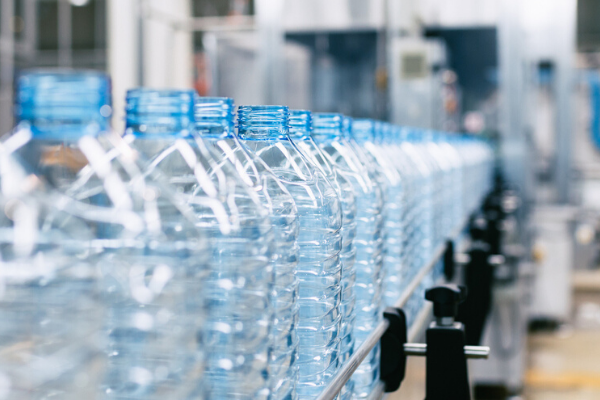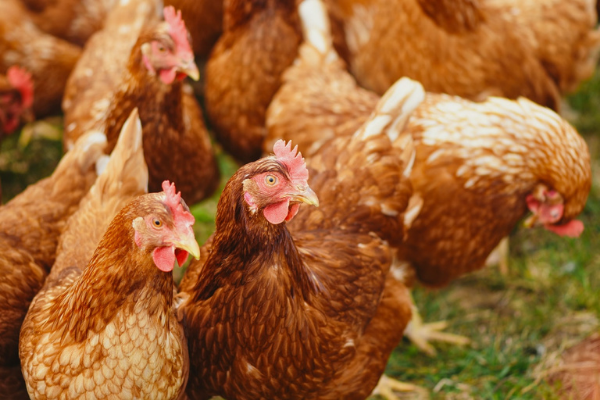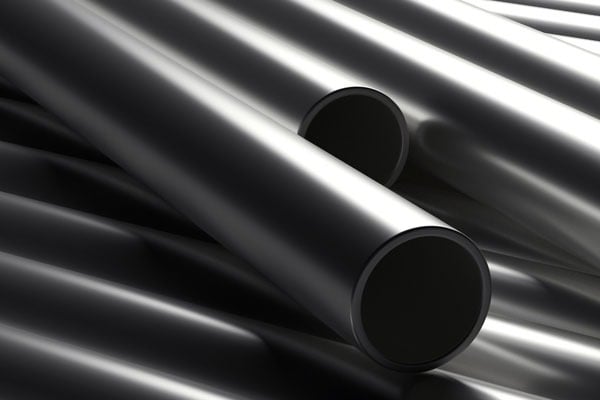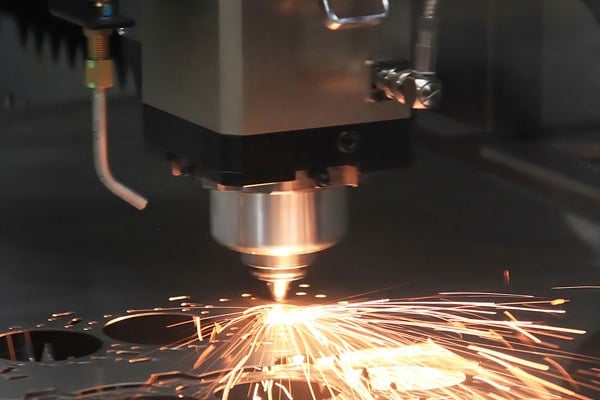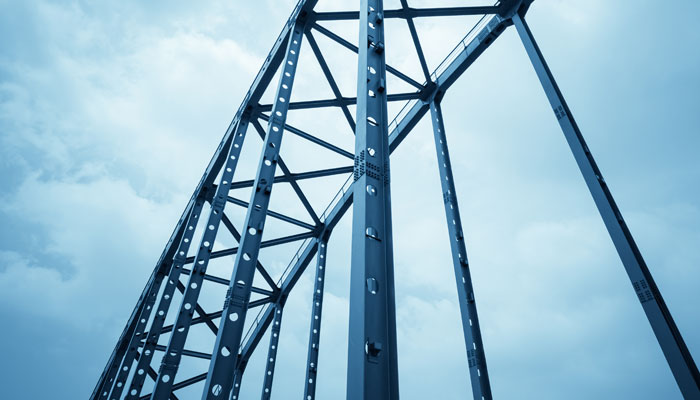In today's health and productivity-conscious environment, the quality of your compressed air is very important; both for the long-term operation of your pneumatic tools and equipment, and for ensuring your team are looking after their own respiratory systems by breathing safe air.
Compressed air quality is often neglected or not given enough attention.
WHY SHOULD YOUR COMPRESSED AIR BE TESTED?
High quality compressed air will directly reduce the maintenance and breakdown costs of your pneumatic machinery while enhancing the performance and longevity in the process.
Good compressed air will also reduce rust and dirt build-up in your piping system, which over time adds to the deterioration and failure of the plant being operated.
It's the difference of breathing air on a dusty construction site, or in the middle of a clean, dry forest.
SO, WE NEED QUALITY COMPRESSED AIR, BUT WHAT IS QUALITY COMPRESSED AIR?
There are several areas we look at when checking compressed air quality:
- Water content in the air.
- Dew point/pressure dew point.
- Oil content in the air.
- Dust/contaminations including micro-organisms and odour.
- Minor gases - Carbon Dioxide (CO2), Carbon Monoxide (CO), and Oxygen (O2) levels.
All these elements together contribute to the overall compressed air quality.
Oil and contamination-free air is a mandatory requirement for breathing air today, either direct within the vicinity or through air fed masks.
High quality compressed air is also a prerequisite for the food, chemical and pharmaceutical industries of today.
High quality compressed air means:
- Healthier, safer and more productive staff.
- Higher product quality.
- Higher plant reliability.
- Higher longevity.
- Lower maintenance costs.
- Lower breakdown costs.
Oil-lubricated the compressors are the most common type. They use oil to lubricate the moving parts of the motor. This means that the breathing air comes in contact with the oil, and there will always be a little oil that leaves the compressor together with the air (called oil-carry-over). This oil (although a very small amount per litre) needs to be removed, for the safety of those breathing in the vicinity or via air fed masks.
CO and CO 2 can be sucked in by the compressor from the outside air. There is a risk that compressors can suck in exhaust fumes or other environmental contaminates from the area it is located.
Bottom line: Think to yourself "what is important to us?" If that includes looking after your staff, saving money, and complying with Health and Safety practices, then let us help you make informed decisions about your current compressed air set-up by testing your air quality.


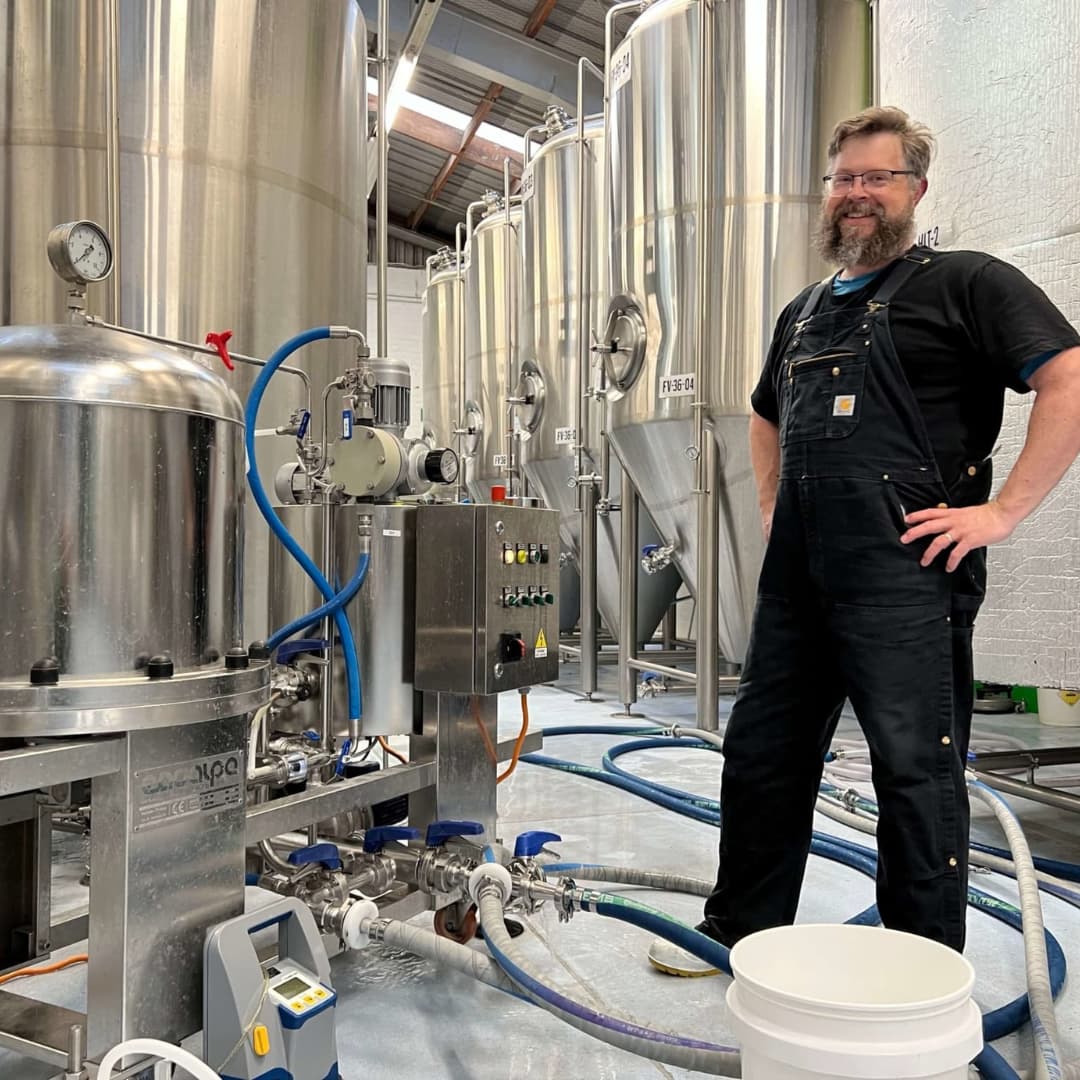
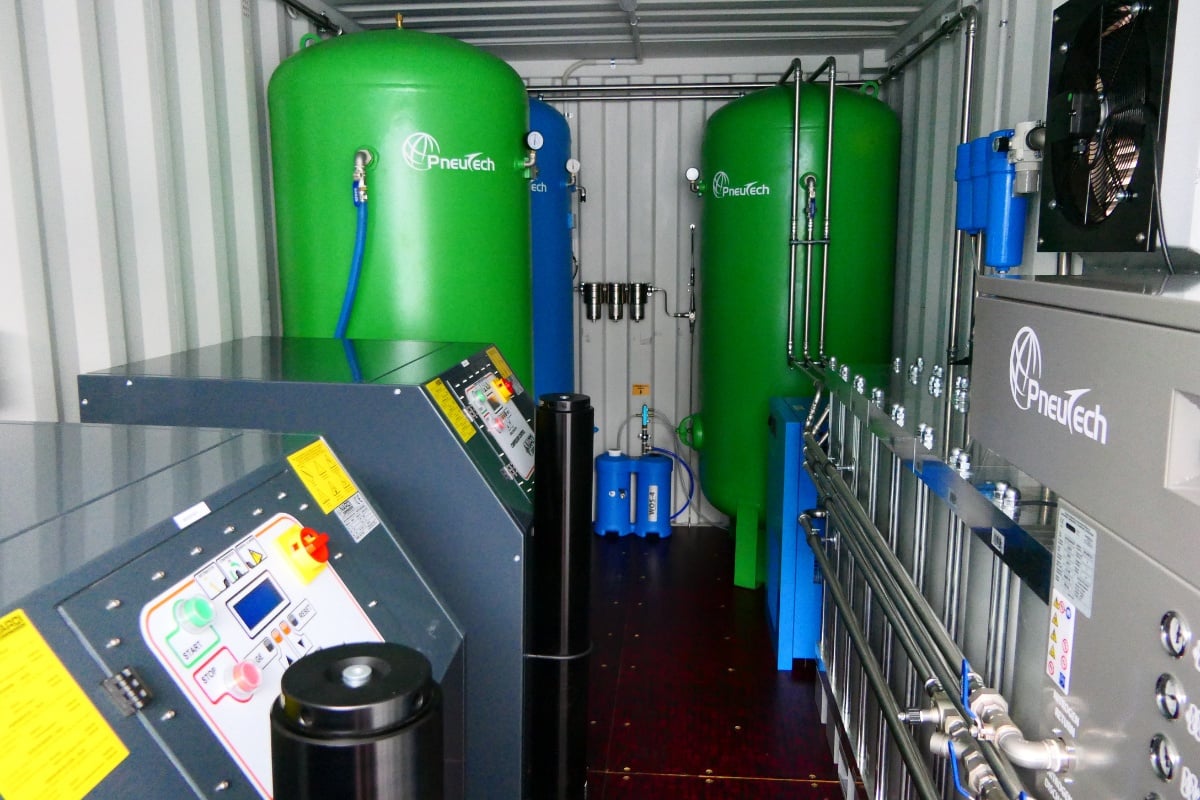
.jpg)


